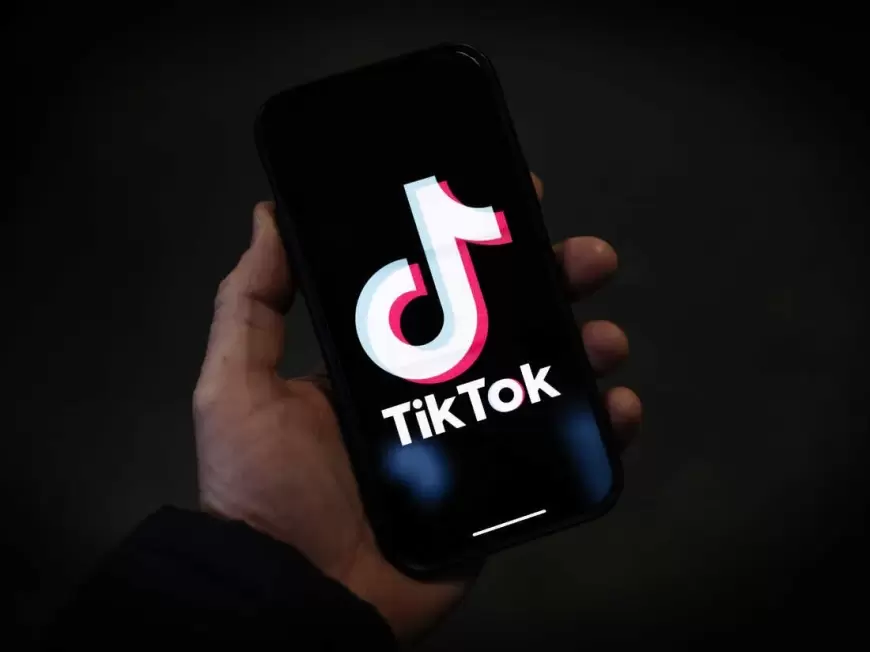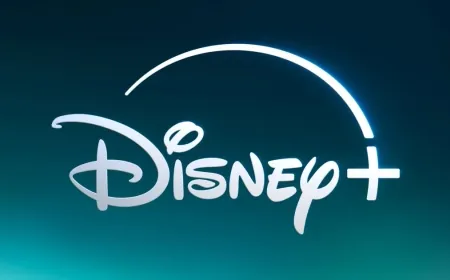TikTok: From Fun App to National Security Concern - A Complete Timeline
TikTok's evolution from a beloved app to a national security concern. Follow its journey in this detailed timeline!

TikTok has transcended its origins as a simple social media platform for sharing short videos to become a global phenomenon. However, alongside its meteoric rise in popularity, TikTok has also faced mounting scrutiny from governments around the world, particularly concerning its ties to China and potential national security risks. Let's delve into the timeline of TikTok's evolution, from its inception to the present day.
The Birth of TikTok:
TikTok's roots trace back to the founding of ByteDance, a Chinese technology company, in March 2012. Initially, ByteDance's flagship product was Toutiao, a personalized news aggregator catering to Chinese users. However, it wasn't until 2016 that ByteDance ventured into the realm of video-sharing apps with the launch of Douyin in China.
Meanwhile, in July 2014, another Chinese startup, Musical.ly, emerged on the scene. Musical.ly gained popularity for its platform, allowing users to create and share short lip-syncing music videos. By 2015, Musical.ly had skyrocketed to the top spot in the Apple App Store, propelling it to widespread recognition.
The Merger and Expansion:
In November 2017, ByteDance made a significant move by acquiring Musical.ly for a staggering $1 billion. This acquisition paved the way for the merger of Musical.ly with ByteDance's own video-sharing app, Douyin, leading to the birth of TikTok as we know it today.
With its unique algorithm designed to encourage binge-watching, TikTok quickly captured the attention of users worldwide. From dance challenges to comedic sketches, users embraced the platform's diverse content offerings, catapulting TikTok to unprecedented levels of popularity.
Rapid Growth and Regulatory Scrutiny:
As TikTok's user base swelled, so did concerns surrounding its ownership and data practices. In September 2019, reports surfaced alleging that TikTok's content moderation policies censored politically sensitive topics, raising questions about the platform's commitment to free expression.
The following year brought further challenges for TikTok, with India banning the app in July 2020 amid escalating tensions with China. In the United States, former President Donald Trump issued executive orders targeting TikTok's operations, citing national security concerns. These actions underscored growing apprehensions about TikTok's ties to China and the potential risks posed by its vast user data.
Legislative Actions and Uncertain Future:
The regulatory spotlight intensified in 2024, as Congress passed legislation aimed at addressing TikTok's security risks. President Joe Biden signed the bill into law, marking a significant milestone in the ongoing debate over TikTok's future.
As TikTok navigates this turbulent regulatory landscape, questions linger about its long-term viability and the broader implications for digital privacy and national security. Despite its cultural impact and widespread popularity, TikTok's journey remains fraught with uncertainty as it grapples with the complexities of geopolitics and technology in the digital age.
Timeline:
-
March 2012: ByteDance, TikTok's parent company, is founded in China.
-
July 2014: Musical.ly, a precursor to TikTok, is established in China.
-
2016: ByteDance launches Douyin, TikTok's predecessor, in China.
-
November 2017: ByteDance acquires Musical.ly for $1 billion and merges it with TikTok.
-
February 2019: TikTok settles federal charges of violating U.S. child-privacy laws.
-
September 2019: Concerns arise over TikTok's content moderation and political influence.
-
December 2019: The Pentagon advises U.S. military personnel to delete TikTok from their devices.
-
May 2020: Privacy groups file a complaint alleging TikTok's violation of child-protection laws.
-
July 2020: India bans TikTok amid escalating tensions with China.
-
August 2020: President Trump issues executive orders targeting TikTok's operations in the U.S.
-
November 2020: President Biden's election leads to a temporary halt in Trump's TikTok ban efforts.
-
September 2021: TikTok surpasses one billion monthly active users.
-
December 2021: Reports surface about harmful content on TikTok targeting teens.
-
February 2022: TikTok implements new rules to combat harmful material on its platform.
-
April 2022: A TikTok-originated project wins a Grammy, highlighting the app's cultural impact.
-
June 2022: Concerns arise over potential data access by Chinese ByteDance employees.
-
December 2022: FBI Director warns of national security risks associated with TikTok.
-
February 2023: The White House orders federal agencies to remove TikTok from government devices.
-
March 2024: Congress passes a bill to ban or force the sale of TikTok, which is signed by President Biden.
Also Read: US Moves Closer to TikTok Ban: What You Need to Know































































